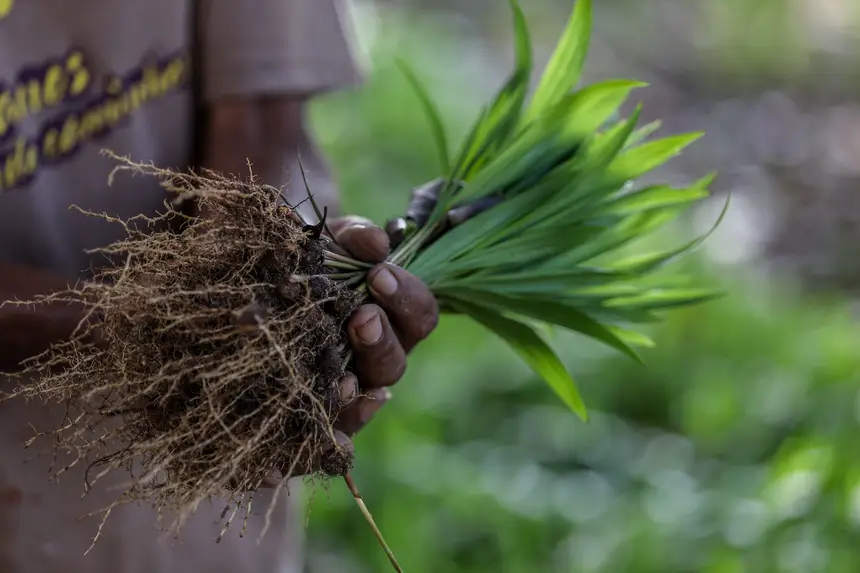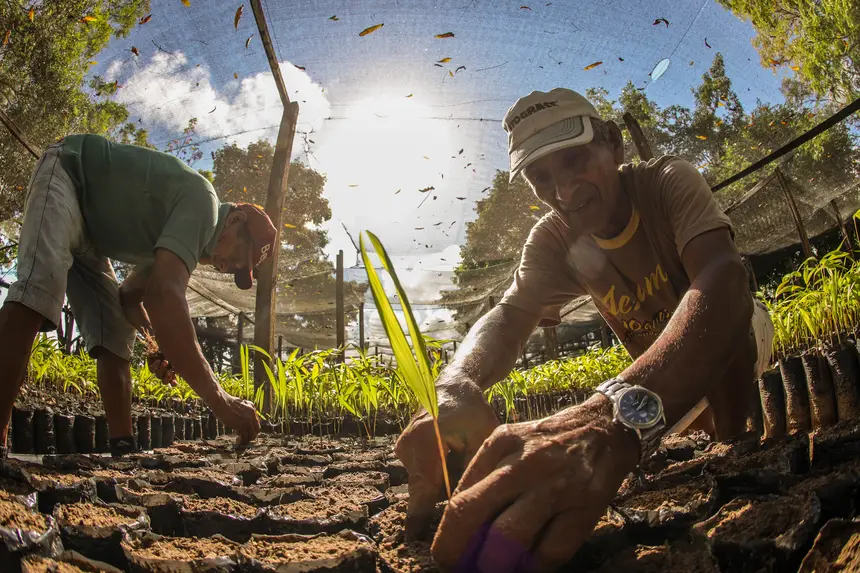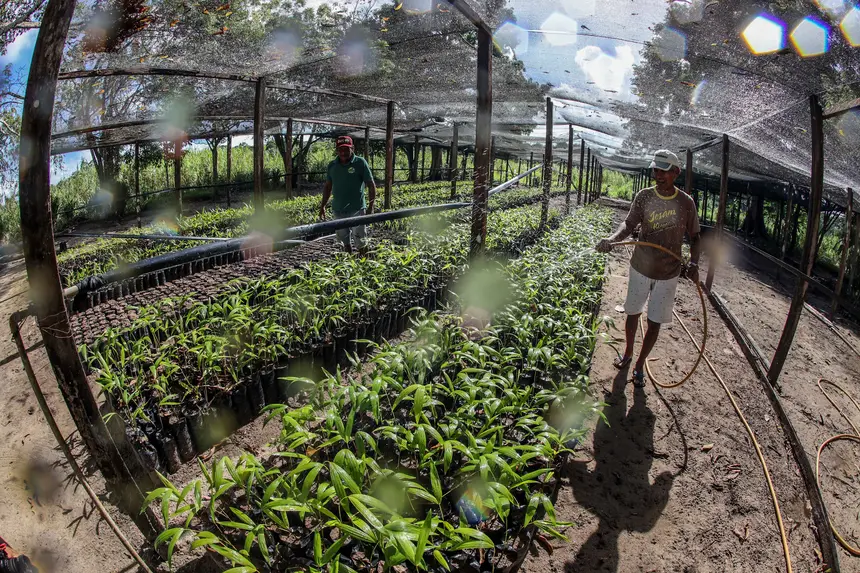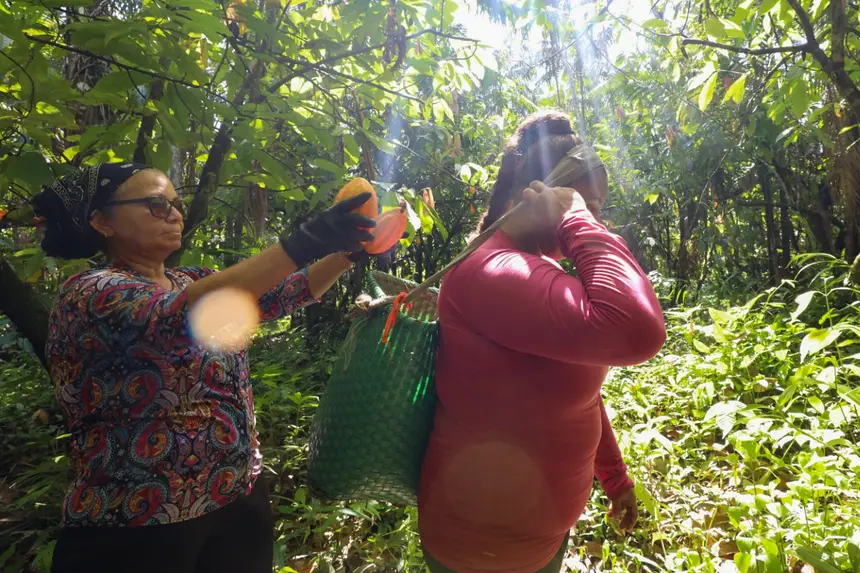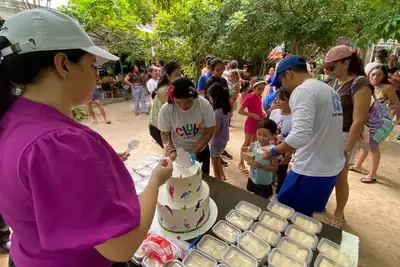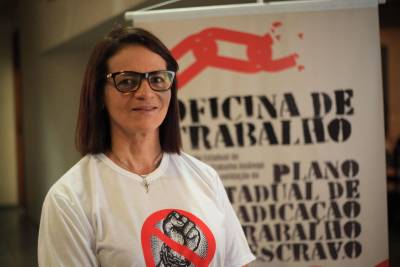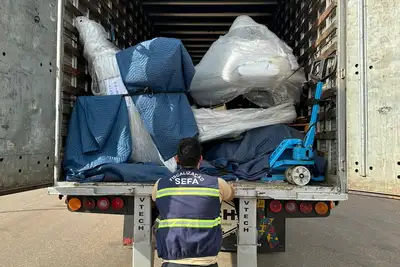Government strengthens strategies for valuing and stimulating sociobioeconomy in Pará
The State Policy on Agroecology, Organic Production, and Sociobiodiversity approved this month by Alepa is one of the initiatives promoted by the state executive power
Boosting the transition to sustainable agricultural production models, valuing traditional knowledge, and contributing to the conservation of local ecosystems are among the main objectives of the State Policy on Agroecology, Organic Production, and Sociobiodiversity (Peapos), approved this month by the Legislative Assembly of the State of Pará (Alepa). The initiative is strategic for stimulating the sociobioeconomy.
“The central point of a policy like this is to value and support the work of family farmers, extractivists, indigenous peoples, and traditional communities. These people produce, care for, and conserve their territories through ancestral practices and knowledge, providing a service that benefits all of society,” highlights Cássio Alves Pereira, Secretary of State for Family Agriculture (Seaf).
The Peapos has guidelines that reinforce the development of agroecology, organic production systems, sustainable extractivism, and systems in agroecological transition processes. Furthermore, the policy also contributes to sustainability, quality of life, and income generation for populations in the countryside, forests, waters, and cities, through the supply and consumption of accessible and healthy food for all and the sustainable use of natural resources.
A direct result of the political articulation carried out by the Working Group on Public Policies of the Technical Chamber on Marketing, Agroecology, Organic Production, and Sociobiodiversity (CTCAPOS), the policy is the result of a collective construction effort involving various institutions.
“The next fundamental step is the development of the State Agroecology Plan, which will establish the actions, goals, and strategies necessary for the effective implementation of the policy throughout the Pará territory,” emphasizes Professor William Assis, coordinator of the Working Group on Public Policies of CTCAPOS.
Technical advisor at Giz Brasil, a German international cooperation company for sustainable development, Thaís Penna considers the approval of Peapos a historic milestone in the sector. “We advised these discussions and saw a very relevant strategic value in the Policy. It brings strength and provides legal security for the State to invest heavily in a more sustainable and productive strategy that gives the necessary protagonism to the sociobioeconomy,” she concludes.


